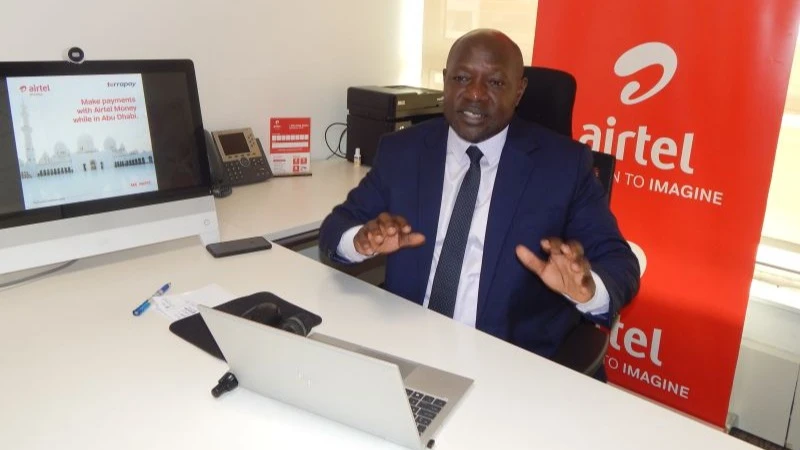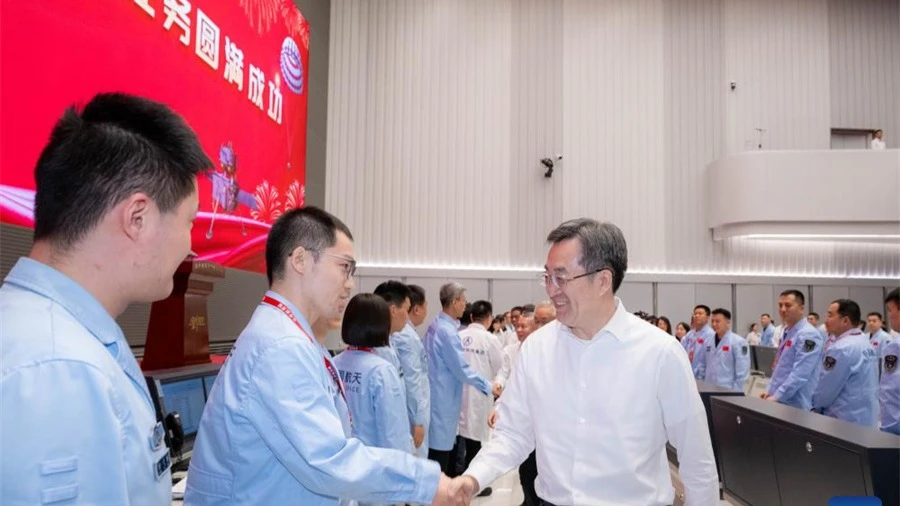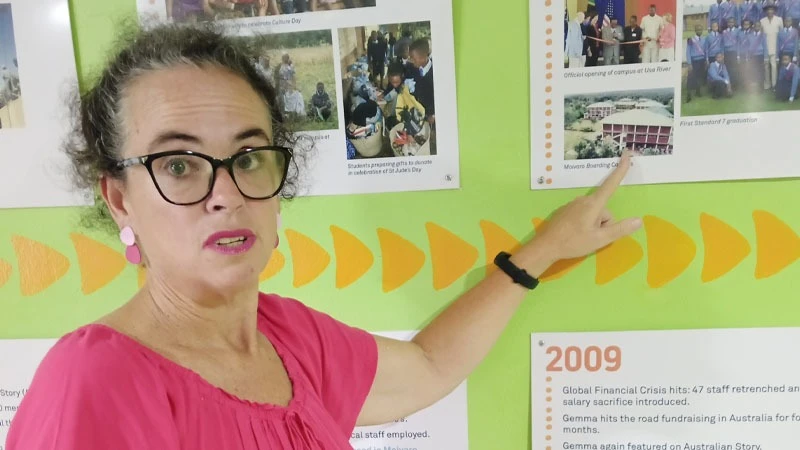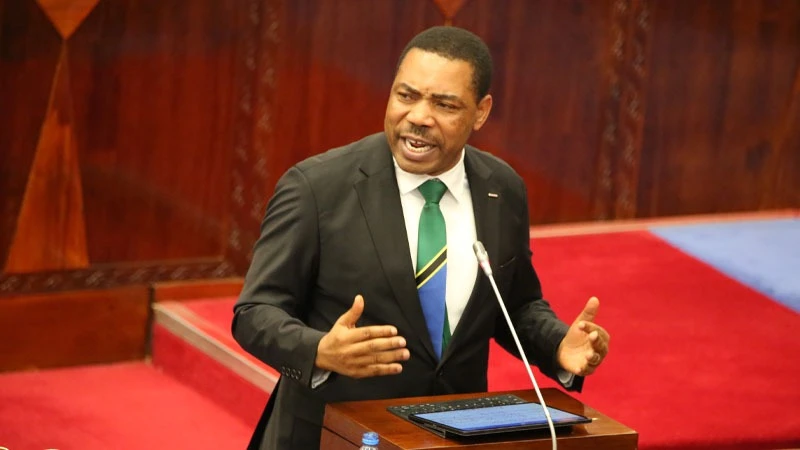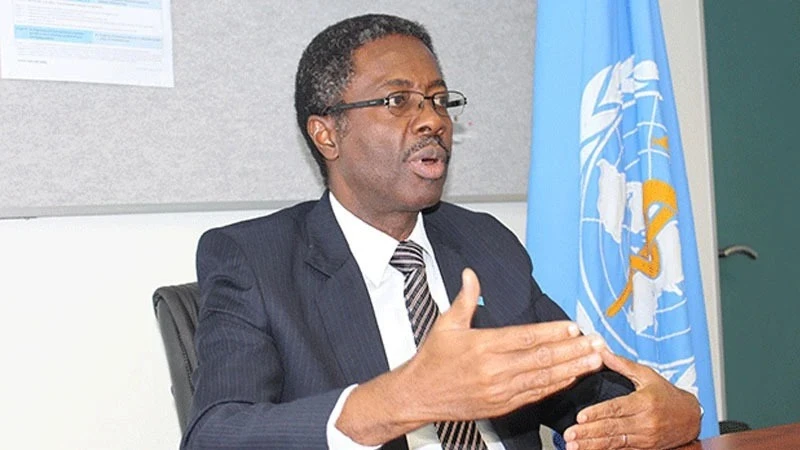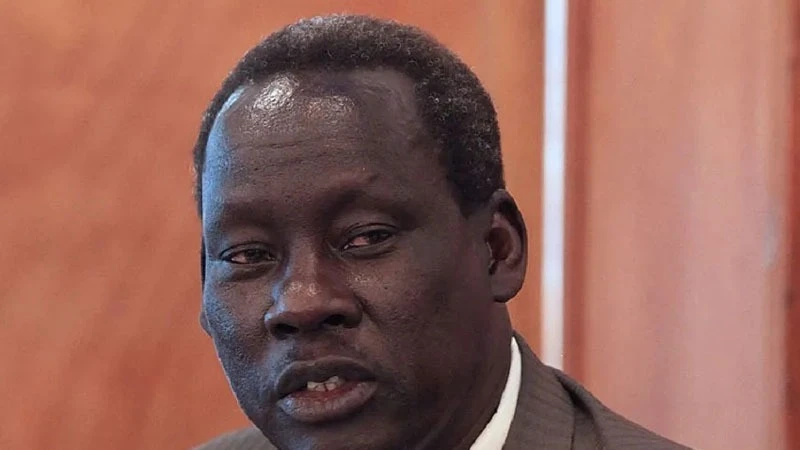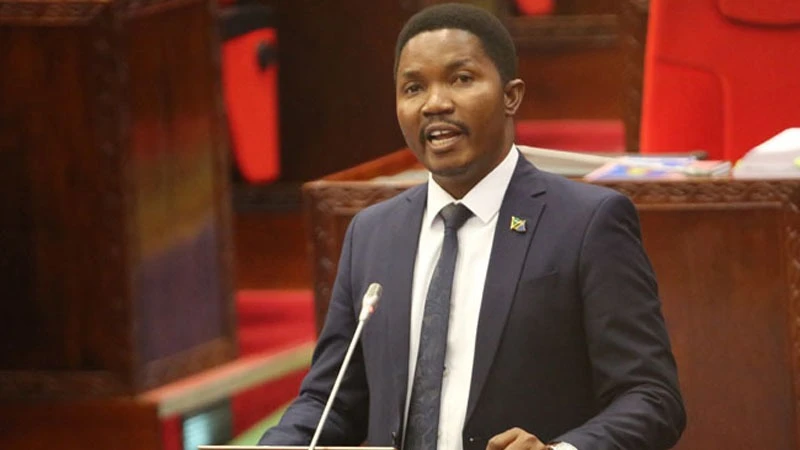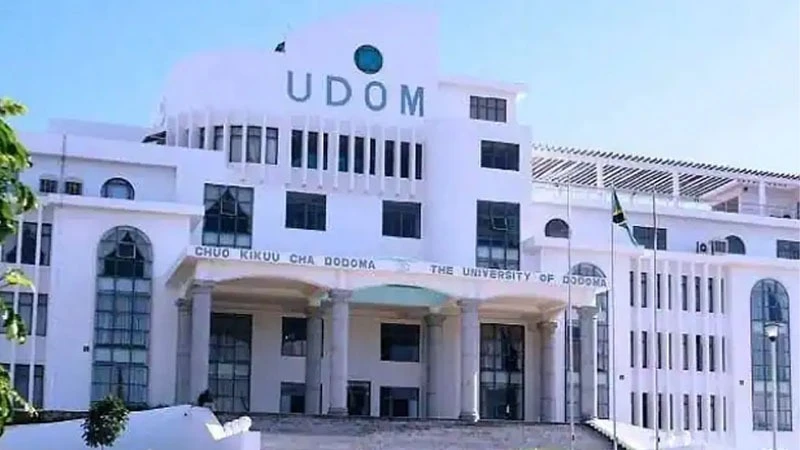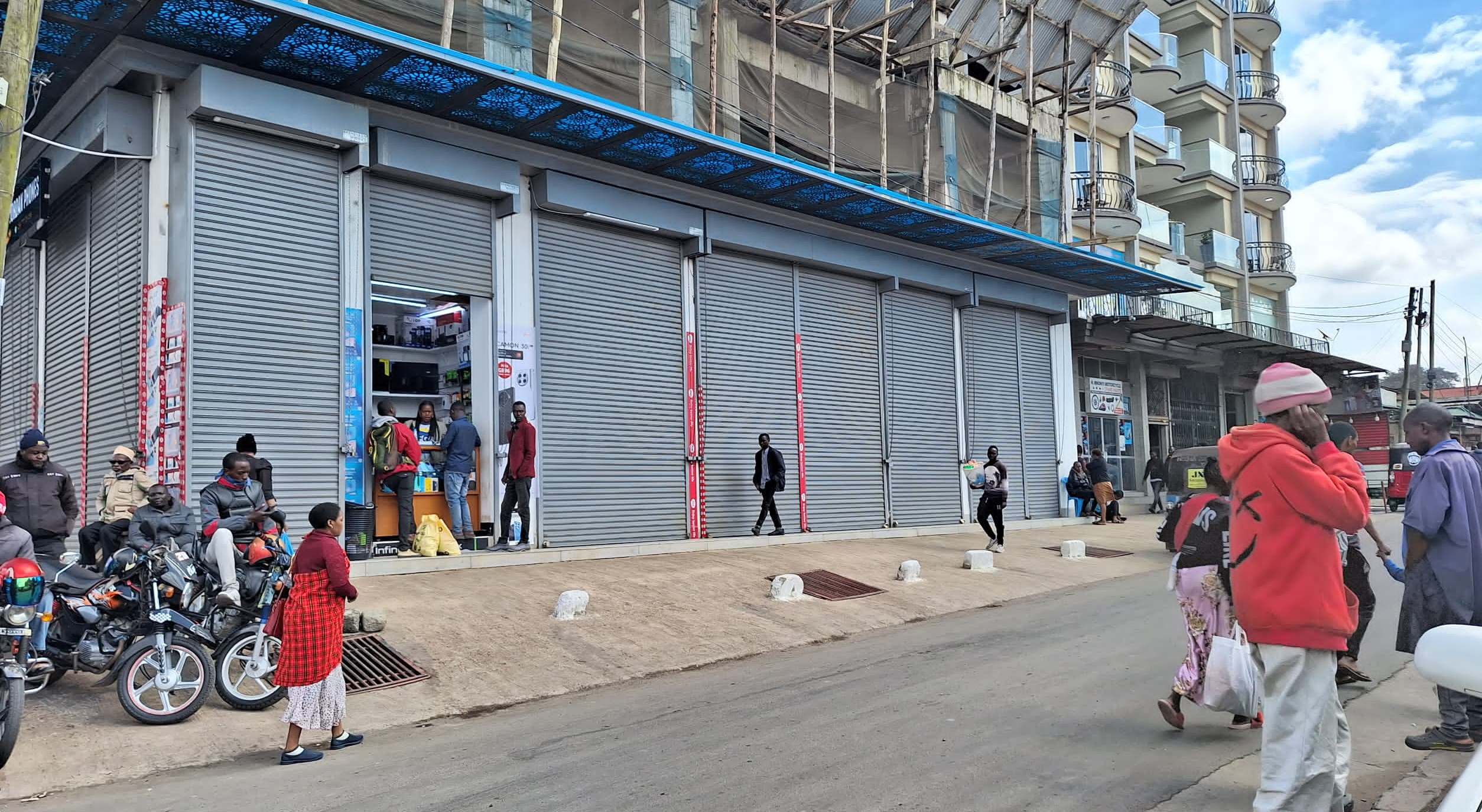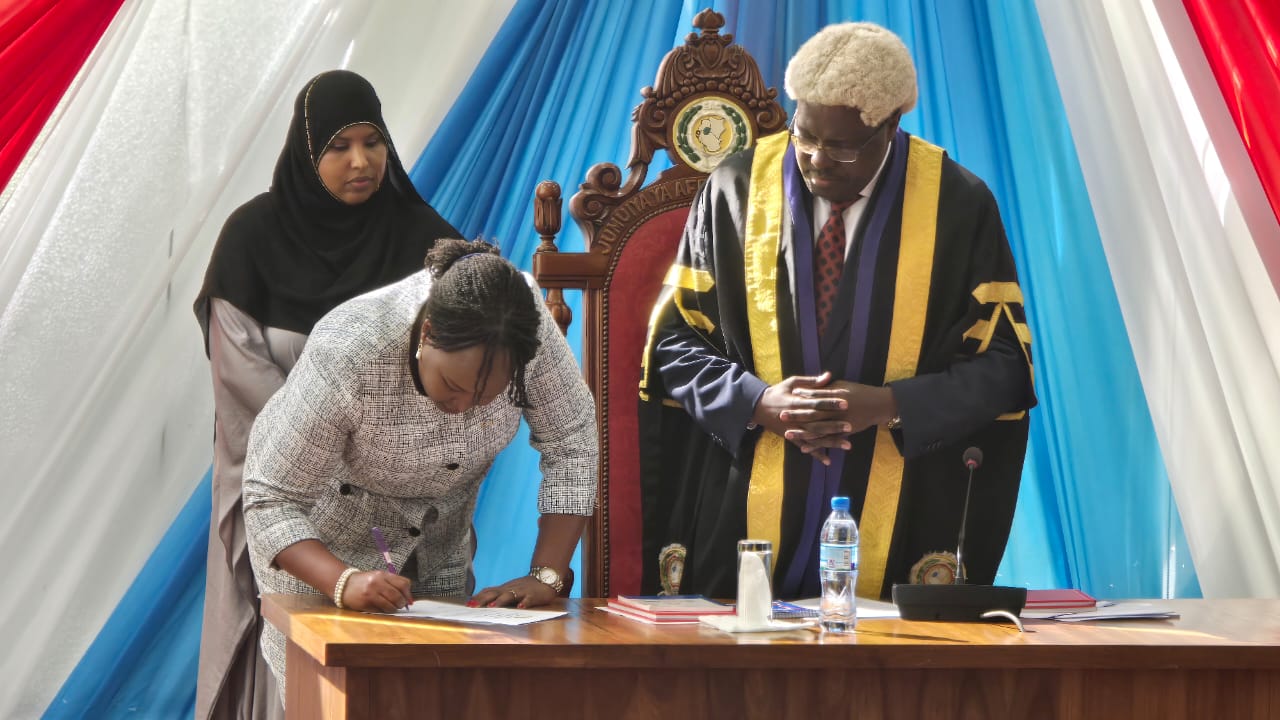‘Fast track medical visas to uplift medical tourism’
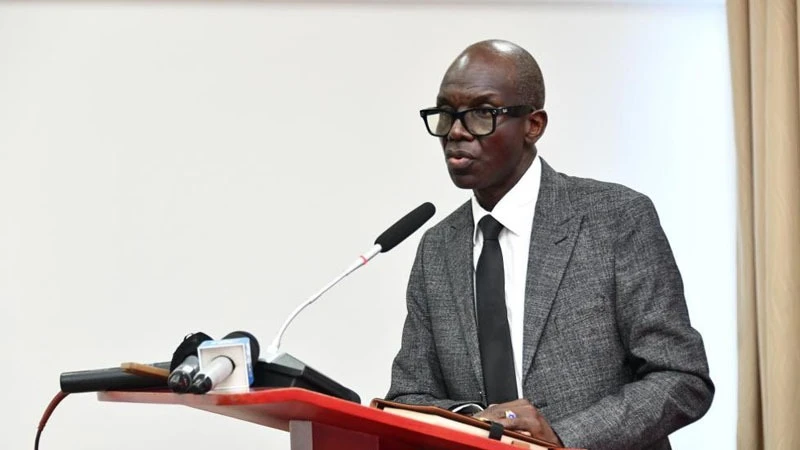
THE government needs to fast-track the processing of medical visas to ease efforts of making the country’s top hospital to be accessible as a hub for medical tourism.
Prof Mohamed Janabi, executive director for the Muhimbili National Hospital (MNH) said in a telephone interview yesterday that such a move will help the major hospitals attain that goal rapidly.
Medical visas are specifically designed to facilitate travel for medical purposes and ensure that patients can access the care they need without excessive hurdles, urging the government to work overtime to clear logistics impediments.
Referring to the currently provided ordinary (single entry) visa, business, multiple entry, transit, gratis and student visas, he said that without a specific medical visa, it is difficult to identify who among foreigners treated in the country’s health facilities as having entered for medical services.
Patients coming from Comoro can be regarded as medical tourists as they are directed to seek further treatment at Muhimbili and its autonomous wings, he said.
More than 1000 visitors come to the county for medical treatment annually, with the majority coming from the Comoro Islands, he stated, noting that the hospital leadership initiated the promotion of available health services in the Democratic Republic of Congo (DRC) and Burundi.
President Samia Suluhu Hassan said last year that massive investment in the health sector would enhance availability of specialised services and make the country a healthcare hub.
During a tour in Kigoma Region, the president said the government would build more zonal hospitals to ease access to specialised services, noting that the health sector projects are in line with the ruling party’s 2020/2025 election manifesto.
It is also in line with the third five-year development plan that emphasizes on improving primary and specialised health care, she said, with statistics showing that improvement in the provision of quality health services has cut travel for treatment overseas by upwards of 95 percent, while attracting patients from neighbouring countries.
The president had affirmed the government’s determination to make Tanzania a center of excellence in the provision of specialized health services remains intact, as it is pivotal in efforts to transform the sector.
MNH was increasingly a centre of excellence receiving patients from outside the country, which she said is a result of implementing the medical tourism strategy. The key facilities have a major role in reducing the number of Tanzanians patients seeking treatment overseas, she further noted.
Top Headlines
© 2024 IPPMEDIA.COM. ALL RIGHTS RESERVED







